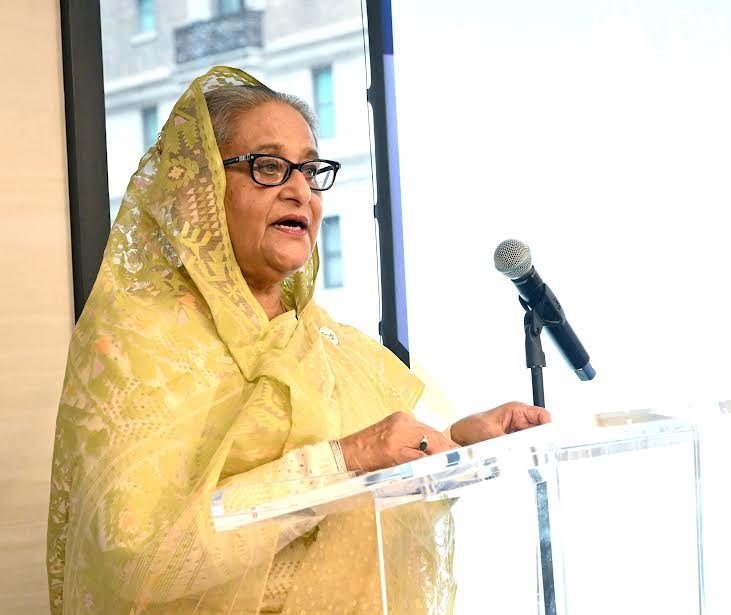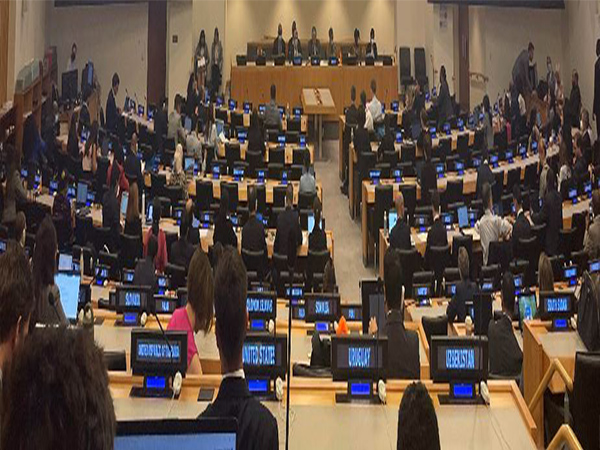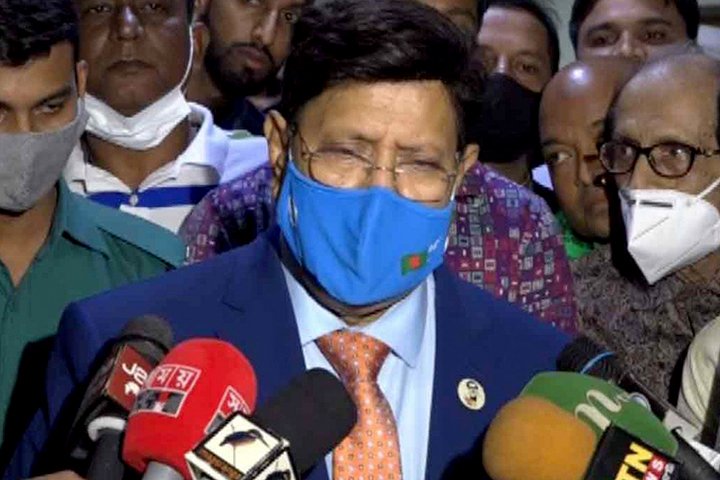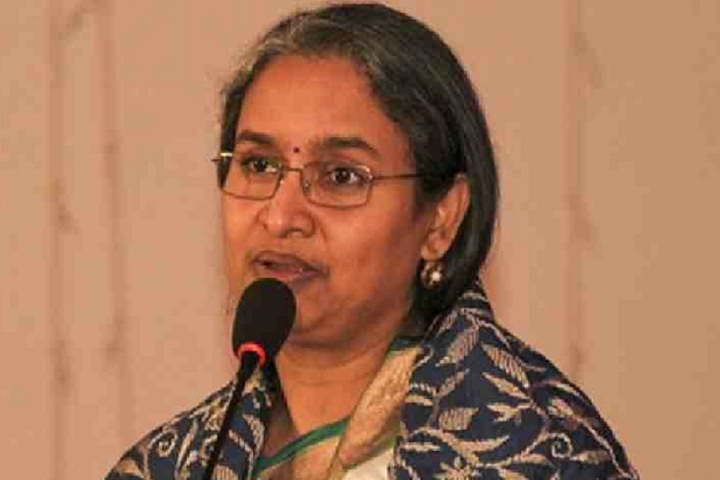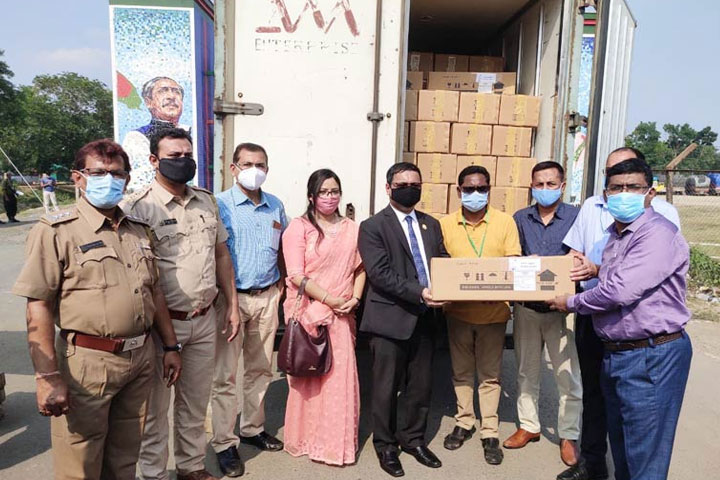Govt issues new restrictions to prevent surge of Covid-19
As the country witnessed a sharp rising of COVID-19 cases due to highly transmissible variant Omicron since mid- January, the Cabinet Division today (Thursday) issued fresh restrictions coinciding already issued restrictions to combat the outbreak of the deadly virus.
The restrictions will remain effective from February 7 to February 21, a notification issued by the Cabinet Division.
The new restrictions are as follows:
1. The government has banned all religious, political, social and state programmes at open and indoor places with participation of more than 100 people. Participants must obtain vaccination certificates/ RT-PCR Covid-19 test reports performed within 24 hours.
2. In-person classes of all schools and colleges and equivalent educational institutions will remain suspended, it added
The government issued five point restrictions on January 21 revising earlier 11-ponit restrictions, which were imposed January 10 as part of precautionary measures to curb the lethal virus.
The fresh wave, however, is reported from across the globe following the emergence of the Omicron variant of the virus from South Africa on November 25, 2021 and was first detected in Bangladesh on December 11.
According to World Health Organization (WHO) the COVID-19 situation could be considered to be under control if the infection rate remains within 5 percent for a straight four-week period.
Under the WHO standard Bangladesh remained well below the danger line for over three months but authorities issued a fresh alert on November 27, 2021 for Bangladesh after the outbreak of the highly contagious new variant.
WHO has declared the omicron as a "variant of concern".
Since late January, 2022, COVID-19 positive cases continued to exceed 10,000- mark with ranging more than 25 to over 33 percent positivity rate.
On January 28, Bangladesh posted highest COVID-19 positivity rate in a single day since the pandemic began on March 8, 2020 as it reported 33.37 percent positive cases from 46,268 samples test. .
The highest infection rate in Bangladesh was 32.55 on July 24, 2021, the DGHS added.
On February 2, 2022, Bangladesh reported 12,193 Covid-19 cases while the coronavirus claimed overnight 36 lives.
Source: BSS
AH
03 Feb 2022,16:48


















 Live Tv
Live Tv


